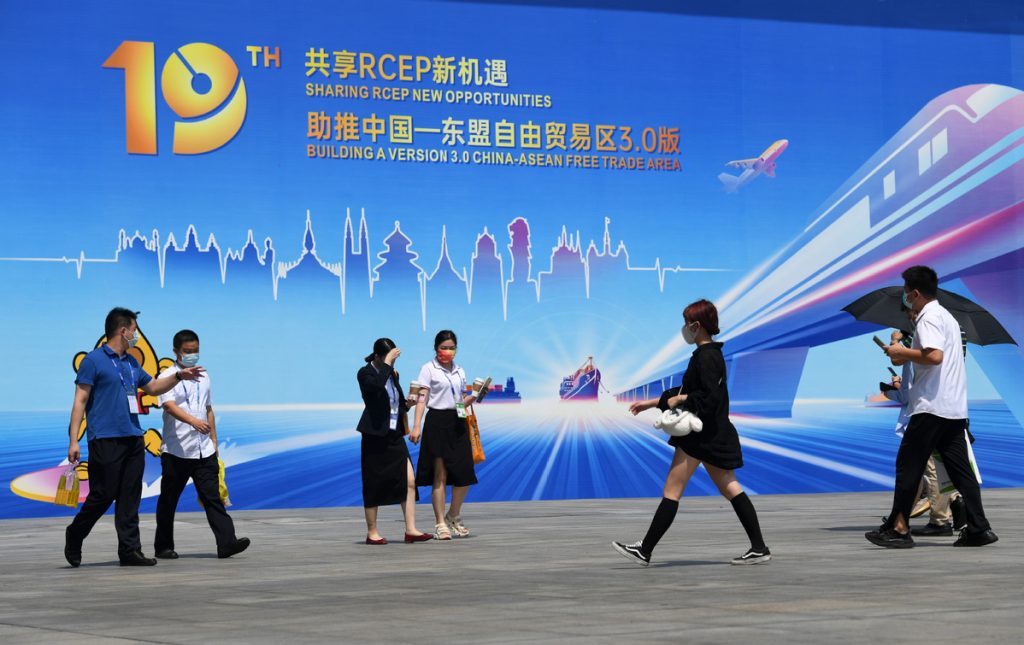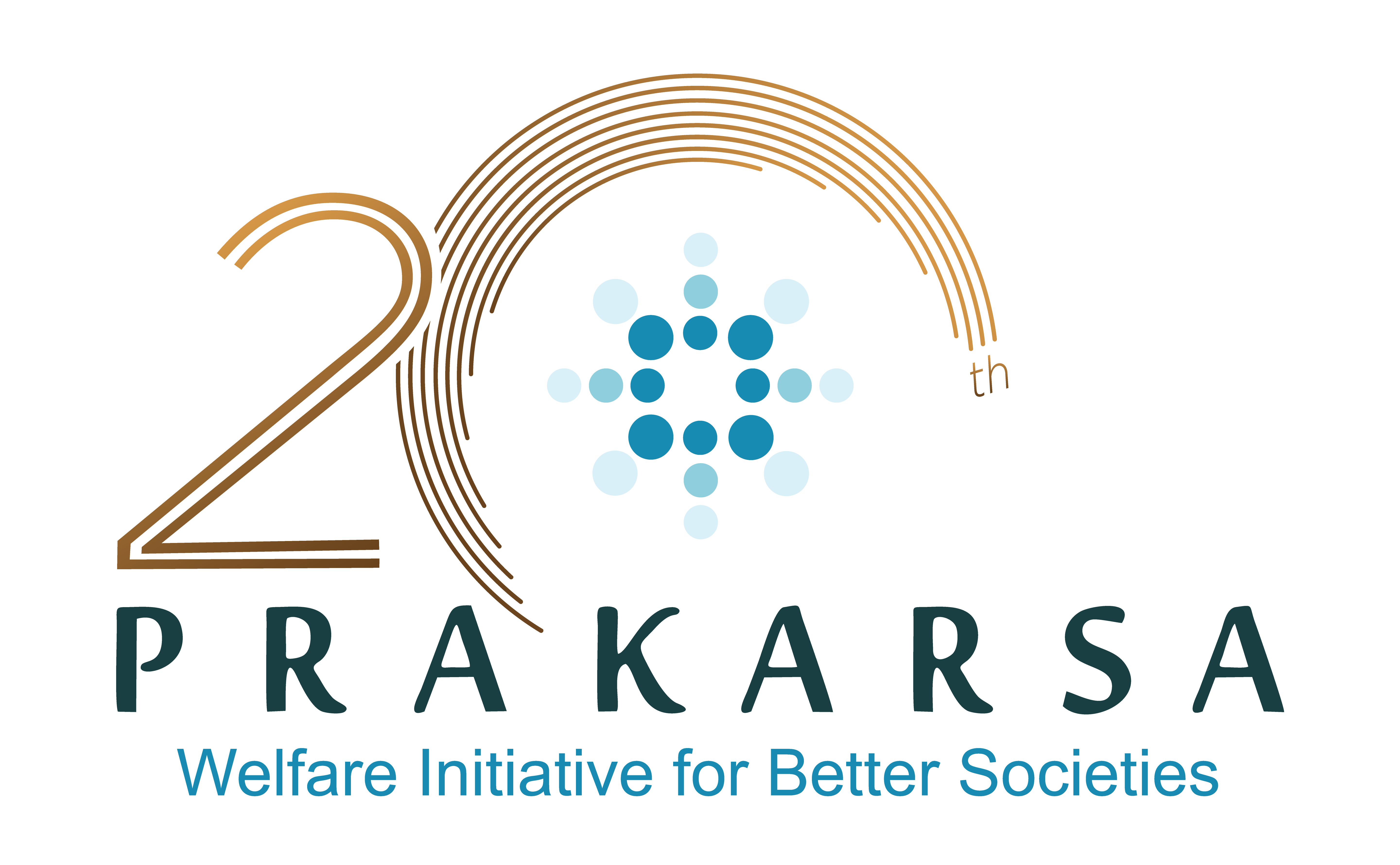
ASEAN, member states demonstrate value of cooperation in guiding key global meetings
Southeast Asia is ending the year on a high note, with the region hosting some of the world’s most high-profile international meetings over the past 12 months.
The way that Cambodia, Indonesia and Thailand successfully staged these gatherings is a testament to the growing importance of the Association of Southeast Asian Nations, or ASEAN, in helping to shape global governance and economic development, analysts said.
Indonesia held this year’s presidency of the G20, a group that comprises the 20 major developed and developing economies. Thailand chaired the 29th Asia-Pacific Economic Cooperation, or APEC, Economic Leaders’ Meeting, while Cambodia hosted the 40th and 41st ASEAN summit series in a busy tail-end to the year.
The ASEAN countries stepped up to host these meetings at a challenging time for the world. As economies open up their borders and move toward post-pandemic recovery, they also contend with headwinds like the Ukraine-Russia conflict, rising food and energy prices and climate change. And as they face these challenges, global leaders have vowed to strengthen cooperation in trade, multilateralism and digitalization to sustain the gains from the rebounding economies.
After meeting with their peers from partners including China, Japan, South Korea, the United States and Australia, ASEAN leaders concluded the summit in Phnom Penh on Nov 13 by vowing to “build back stronger” from the crisis and to promote “inclusive, resilient, competitive and sustainable” economic growth through the implementation of the ASEAN Comprehensive Recovery Framework.
About a week later, a $1.4 billion Pandemic Fund was launched on the resort island of Bali, the venue for the G20 Summit, as a means to help developing countries cope with future pandemics and other global health threats.
ASEAN’s so-called summit season in November ended with APEC economic leaders in the Thai capital endorsing the Bangkok Goals on the Bio-Circular-Green Economy that promote a “strong, balanced, secure, sustainable and inclusive growth”. APEC leaders have also committed to realizing the APEC Putrajaya Vision of an open, dynamic, resilient and peaceful Asia-Pacific community by 2040.
For decades, ASEAN has endeavored “to promote a people-oriented ASEAN in which all sectors of society are encouraged to participate in, and benefit from, the process of ASEAN integration and community building”, as stated in Article 1 of the ASEAN Charter, which also speaks of the need to foster “greater awareness of the diverse culture and heritage of the region”. Rather like China’s approach, the bloc’s pursuit of unity in diversity well meets the needs of a world facing common challenges. The past year has provided rare opportunities for the region to showcase its people- and peace-oriented values founded on the principle of sustainable development.
Cambodian Prime Minister Hun Sen said that hosting these summits would enhance ASEAN’s prestige and centrality in addressing common regional and global challenges, according to a report by Khmer Times, a newspaper based in Phnom Penh.
Although regional security issues have not been fully addressed, Hun Sen said he believes the positive outcomes of the ASEAN meetings have made a significant contribution to setting common positions that can help advance the region toward greater regional security, stability, and development.
Thai Prime Minister Prayut Chan-o-cha described the Bangkok meeting as a “shared success” by all APEC members that wish to see the regional framework operating well in the face of volatile global contexts to advance economic growth for the region.
Indonesian President Joko Widodo said in his closing speech at the G20 Summit that Indonesia’s presidency of the group produced concrete deliverables that can help bring the work of the G20 closer to the people. These achievements include the Pandemic Fund and the Just Energy Transition Partnership, which will help Indonesia retire its coal plants and accelerate its shift toward renewable energy sources.
Shinta Widjaja Kamdani, chairperson of Business 20 Indonesia, the business group that leads engagement with the G20, said the changing global landscape needs to be seen as an opportunity to bring more innovative solutions that are “suited to the circumstances of our region”. She said that in many global negotiations in the past, Asian economic voices and agendas have not been considered a priority.
She said Indonesia’s G20 presidency has “given us the chance to reshape the world’s economic order and governance”.
“Good governance is not a single term that can be defined only by the Western world, and in fact here we are all G20 countries committed to bringing beyond good, but inclusive, innovative and collaborative governance,” Kamdani said.
She said Indonesia’s presidency of the grouping has shown that the “ASEAN way remains relevant to whatever challenges we have today and in the future”.
“Regional and multilateral platforms like the G20 and ASEAN give us an understanding of equality at the negotiation table, that all countries no matter the size and political influence, have the same rights to voice out their solutions,” Kamdani said, adding that the “key strength” of Indonesia’s leadership is the “ability to vocally represent the interest and aspiration of those outside the forum, including the least-developed and poor nations”.
Strengthening position
Ang Siah Hwee, director of the Wellington-based Southeast Asia Centre of Asia-Pacific Excellence, said the hosting of these meetings has “strengthened the position of ASEAN in the Asia-Pacific rim and the world”.
Ang said the rules-based World Trade Organization “has been given reassurance” in the APEC Economic Leaders’ Meeting. He said APEC “also seeks further conversations around the Free Trade Area of the Asia-Pacific, or FTAAP, agenda”. Ang said the issue has been “on-and-off APEC’s radar” for decades.
Ang said there was also “a sense of urgency” in strengthening the competitiveness of the services sector, especially travel, transport, and other services that have been hit hardest by the COVID-19 pandemic. Digital technology and innovation will also play a bigger role in advancing inclusive and sustainable growth.
APEC leaders said they are determined to further strengthen the rules-based multilateral trading system. They welcomed progress this year in advancing the FTAAP and will continue to build on this momentum toward high-quality and comprehensive regional undertakings through the FTAAP Agenda Work Plan.
“APEC’s cooperation will contribute to practical solutions for common challenges and complement global efforts including the UN 2030 Agenda for Sustainable Development,” the APEC economic leaders said in a declaration issued at the end of the meeting.
Thong Mengdavid, a research fellow at the Phnom Penh-based Asian Vision Institute, said the three meetings enabled “constructive dialogue in which the world leaders discussed policy coordination to achieve global economic sustainability and inclusive growth”.
With regard to the ASEAN Summit, Thong Mengdavid described it as “very successful, productive and constructive”.
Ah Maftuchan, sherpa of Civil 20 Indonesia, or C20, said Indonesia’s G20 presidency has extended “the space, freedom and recognition” to all engagement groups of the G20. These include the C20, which serves as a platform for civil society organizations. He said the presence of the C20 is “real evidence” that G20 Indonesia was “inclusive and showed respect for all development actors”.
Maftuchan said one of the legacies of Indonesia’s G20 role is its showcasing of the nation’s ability to lead a multilateral forum and promote multilateralism amid global challenges. Maftuchan spoke of the importance of the G20 Bali Leaders’ Declaration at the conclusion of the summit. He said the final communique shows that Southeast Asia’s biggest economy can lead the G20 as a forum that can offer solutions to global challenges. This has earned Indonesia respect from the global community.
In the declaration, the G20 leaders said the global economy is at its “critical moment”, making it essential for the group to undertake “tangible, precise, swift and necessary actions, using all available policy tools, to address common challenges, including through international macro policy cooperation and concrete collaborations”. The leaders said they will take coordinated actions to advance an agenda for a strong, inclusive and resilient global recovery and sustainable development that delivers jobs and growth. They have also committed to maintaining long-term fiscal sustainability, promoting food and energy security and extending temporary and targeted support to cushion the impact of price increases.
China’s role
Analysts and business leaders have likewise stressed China’s significant role in leading a sustainable recovery. They highlighted the importance of speeches delivered by Chinese President Xi Jinping at the G20 Summit and APEC meetings of business leaders and economic leaders where he stressed the value of cooperation and a more inclusive and resilient global development toward a community with a shared future.
“China has been the consequential party to make the G20 Indonesia successful,” Kamdani said.
Kamdani said that China is one of the world’s biggest economies, and its influence goes without question, “even more so today with the world in the process of recovery”.
She said that at the B20 Summit Indonesia, Chinese business leaders contributed to discussions on how to advance innovative, inclusive and collaborative growth.
These discussions ended with a concrete commitment — the launch of a $2 billion fund for electric vehicles, or EVs. The fund brings together the Indonesia Investment Authority with Chinese battery maker CATL and financial services company CMB International. It will invest in the EV value chain. The investment authority said the EV fund is in line with Indonesia’s aim to achieve net zero carbon emissions by accelerating the country’s green transition.
“China’s commitment to supporting Indonesia’s leadership has brought to us a strategic advantage to engage all major powers,” Kamdani said.
She welcomed China’s presence at the G20 and cited the importance of the meeting between Xi and US President Joe Biden on the sidelines of the Leaders’ Summit. It was the two leaders’ first in-person talks since 2017 when Biden was vice-president.
Xi and Biden met for about three hours in Bali on Nov 14. Xi said China and the United States need to put the relationship on the right course, and bring it back to the track of healthy and stable growth to the benefit of the two countries and the world as a whole.
Michael Vatikiotis, senior adviser at the Geneva-based Centre for Humanitarian Dialogue, said the meeting between the two leaders was “extremely important”. The meeting was “probably the main outcome of the G20 Summit, in a sense that everyone was hoping for them to meet and address issues of concern”, Vatikiotis said in an earlier interview with China Daily. “The main achievement is they agreed to engage on different issues at the senior official level.”
But China’s key role in the three meetings goes beyond the Xi-Biden talks. Thong Mengdavid said that for ASEAN, China is a reliable trade partner that adheres to rule-based international laws and principles of multilateralism.
He said Xi “opposes any protectionism and unilateralism” and supports strong partnerships, as well as open and inclusive development under win-win cooperation with other APEC and G20 members and the rest of the world.
Face-to-face dialogue
This year was the first time that ASEAN held a face-to-face meeting since the pandemic started in 2020. And one of the highlights of the 40th and 41st ASEAN summits was the release of an ASEAN and China joint statement.
Chinese Premier Li Keqiang, on Nov 11, attended the 25th China-ASEAN Summit in Phnom Penh. In a joint statement, the two sides said they support ASEAN’s leading role in shaping the regional architecture by promoting closer cooperation through ASEAN-led mechanisms.
They also agreed to reaffirm their commitments to development and give priority to development undertakings and deepen cooperation through extensive consultation and joint efforts, so as to build a meaningful, substantive and mutually beneficial China-ASEAN Comprehensive Strategic Partnership, for peace, security, prosperity, and sustainable development.
Thong Mengdavid said ASEAN and China both have big markets and growing populations and their partnership will require “all-around cooperation to promote common interests and regional stability, and prosperity”.
Ang said the value of China-ASEAN bilateral trade has been “breaking new records” in the past few years and will be on the rise again over the next few years.
“One simple fact is that the rest of the world is not growing at a rate to which it can trade with China to allow China to maintain its growth path. ASEAN is a fast-growing economic bloc — easily around 5 percent GDP growth rate in 2023 and the next few years,” he said.
For a region with a GDP of more than $3 trillion, a median age in the early 30s and a population of 680 million, it is only to be expected that ASEAN will work with China to further its growth path, he said.
Source: China Daily
PRIME SARMIENTO in Manila and YANG HAN in Hong Kong

